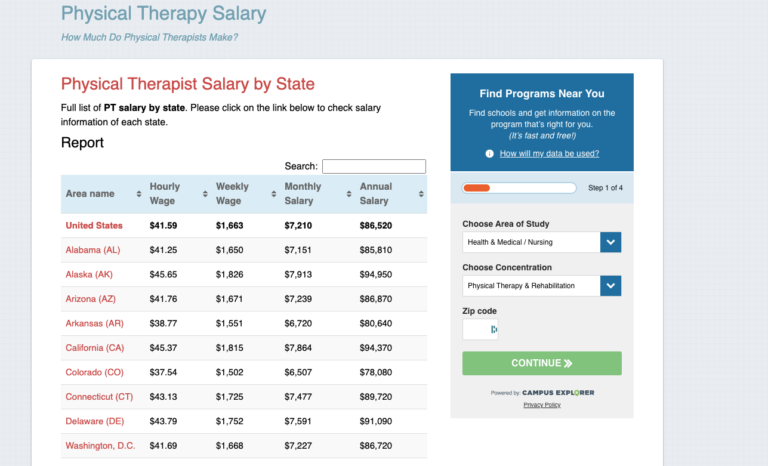Diary of a Student | Week 5
We’ve all been there at some point as students. You’re treating a patient, and next thing you know, it’s already been 30 minutes. Or, you’re working on documentation, and it suddenly feels like a race against the clock. You didn’t finish documenting at the time you wanted to. How did time fly? Welcome to the life of being an intern. My experience has been no different. Here are my top 3 goals on how I hope to improve time management:
Improve on Multitasking with Documentation
This is likely the most challenging. It can be difficult at times to multitask during an evaluation. I would like to have my subjective portion documented while talking with the patient. However, I don’t want to lose that patient touch, and always be staring at my computer. This is a part of multitasking I hope to improve on. My goal is to smoothly enter my subjective documentation, while chatting with the patient, and maintain a strong interaction with them. If I can do this, I can save myself at least 5 minutes down the road trying to think of how I want to enter my information in the system.
Also, I would like save myself time trying to remember what the patient reported because they told me as I was typing it in. It’s a similar idea with treatment sessions as well. Usually patients need about 5 minutes to warm-up on an arm or leg bike. This can be a good opportunity to start them up, get my subjective info, and enter it into the computer system. Again, key thing here is to not only do this, but keep a conversation going with the patient and show them how much you care.
Assess Only What I Need
This can help speed up an examination by a few minutes. As students, we are often eager to apply as much as we have learned. We learn several special tests, range of motion, assessments, and manual muscle tests. When I come across a new patient, at times I like to get as much info as I need. However, this is not always necessary. Some of the information may not always be relevant to their case. Sometimes a patient already has a confirmed diagnosis, so I don’t need to apply certain special tests to rule anything in/out. That is why this is my second goal. This is one way I can speed up my evaluation process.
Have a Game Plan
Know what you’re going to do with the patient before they come in. With patients I typically see, this has become gradually easier because I know what I did and how I did it on their last visit. However, I still have moments where I find myself grabbing weights after their exercise and not during, for instance. This could save a few seconds or minutes if I did this during and was ready to give them the next exercise. Same goes with positioning the patient. It makes more sense to have them do all of their exercises lying down than to have them do exercises lying down, then standing, and then lying down again. It just takes up more time.
Lastly, I can continue to improve by asking myself how long they should realistically be doing a certain exercises, and keeping a better eye on the clock. That way I know exactly what is too much or too little. If it’s a new patient , it can be useful to have a game plan either first thing in the morning or the day before. This way, I’m not having to continue looking at the exercise plan, and spending time determining what is next.
Of course, what is great about clinical internships is that it allows us to learn beyond the classroom. No one is perfect, and there are always opportunities to improve. That is why it helps to continue building goals for myself.
—Nikole Nelson, UCF Doctorate Student





